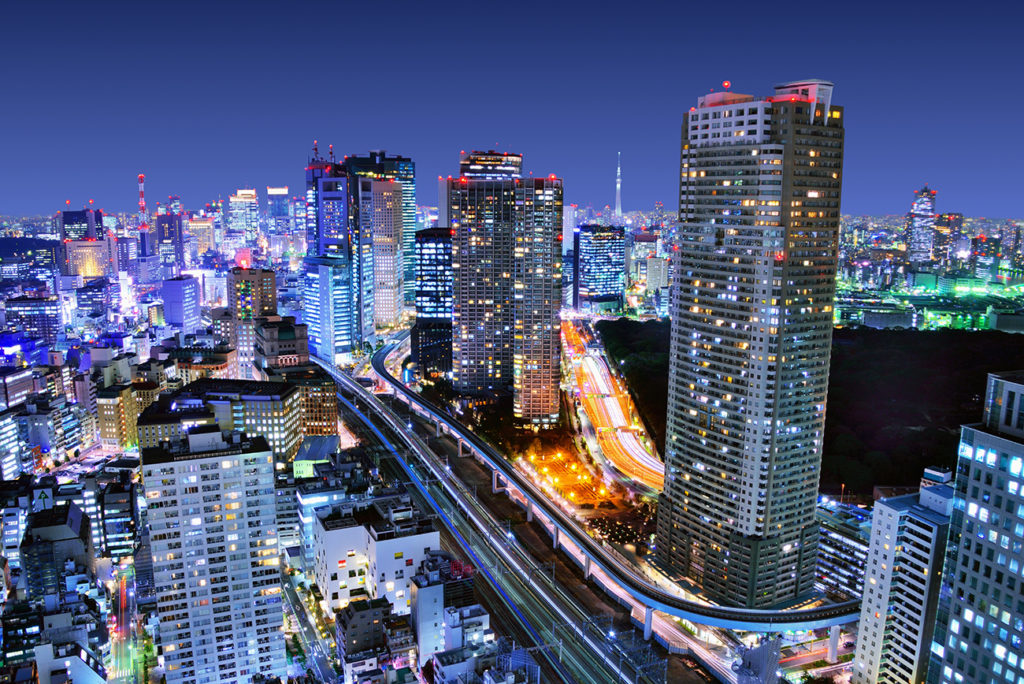
Energy Conservation in Tokyo
Tokyo residents always strive to conserve energy (setsuden, 節電) in the summer. But given this year’s energy crisis after March’s earthquake, tsunami, and nuclear power plant troubles, the Japanese are even more intent on powering down.
Earlier Working Hours
Tokyo may not have been directly hit by the tsunami or the nuclear disaster, but it has still experienced the resulting energy shortage. The city government and several businesses have shifted work to earlier hours. With early summer daylight, work shifts now begin as early as 7:30 a.m. and finish at 4:15 p.m. This lessens the need for evening lighting.
The new work schedule is quite a departure for many large companies whose performance-driven systems had professionals at work for long hours, sometimes up to 12 hours per day.
Public Lights Dim or Off
Most Japanese cities, especially the Tokyo metropolis, are bright with the glow of electrical lights, illuminating the darkest night. But now the cityscape is gently lit with muted lights.
The central government has recommended that companies, offices, and stores cut electricity consumption by 15%. The change is most obvious in the city centers, where many giant neon
signs and TV screens are now dark, barely visible in the night shadows.
Around the city, the night scene is more subdued. Always-open convenience stores, bars, and eateries are also using minimal lights. To my eye, the result is romantic and more friendly in a way—less of an assault.
Tokyo night view.
Air Conditioning Limits
Several businesses are also restricting air conditioning, keeping room temperatures at 28° C (82°F). In some stores and offices, windows are open to let in the breeze; employees can bring hand fans.
“Super Cool Biz”
The government is promoting a new dress code for the summer. The campaign, called Super Cool Biz, is welcomed by young professionals.
Suits are out; polo shirts, pedal pushers, loose dresses, and white pants are all in.
Change in Habits
The young of Tokyo are being educated by parents and schools on saving energy. With their penchant for electrical gadgets—electronic games, music systems, television, laptops—young people may be challenged initially by a more frugal lifestyle. But the results can be greatly positive.
Some energy saving tips for both young and old:
1—Unplug appliances when not in use.
2—Turn off the lights when leaving a room.
3—Walk or bike if possible, instead of using the car or public transport.
4—Use electric fans rather than air conditioners.
5—Better yet, use hand fans and open the windows.
6—Unplug your phone charger once the phone battery is full.
7—Turn off the computer monitor when not in use.
8—Turn of the entire computer if you’re done for several hours.
9—Use energy-efficient light bulbs.
10—Use appliances with an Energy Star label.
11—Limit use of electronic games. Instead, read a book or play outside and have fun!
Above all, using less energy is a good thing. It’s inspiring to see the Japenese government (and the Japanese people) come out in favor of energy conservation.
What are you doing to save energy?

